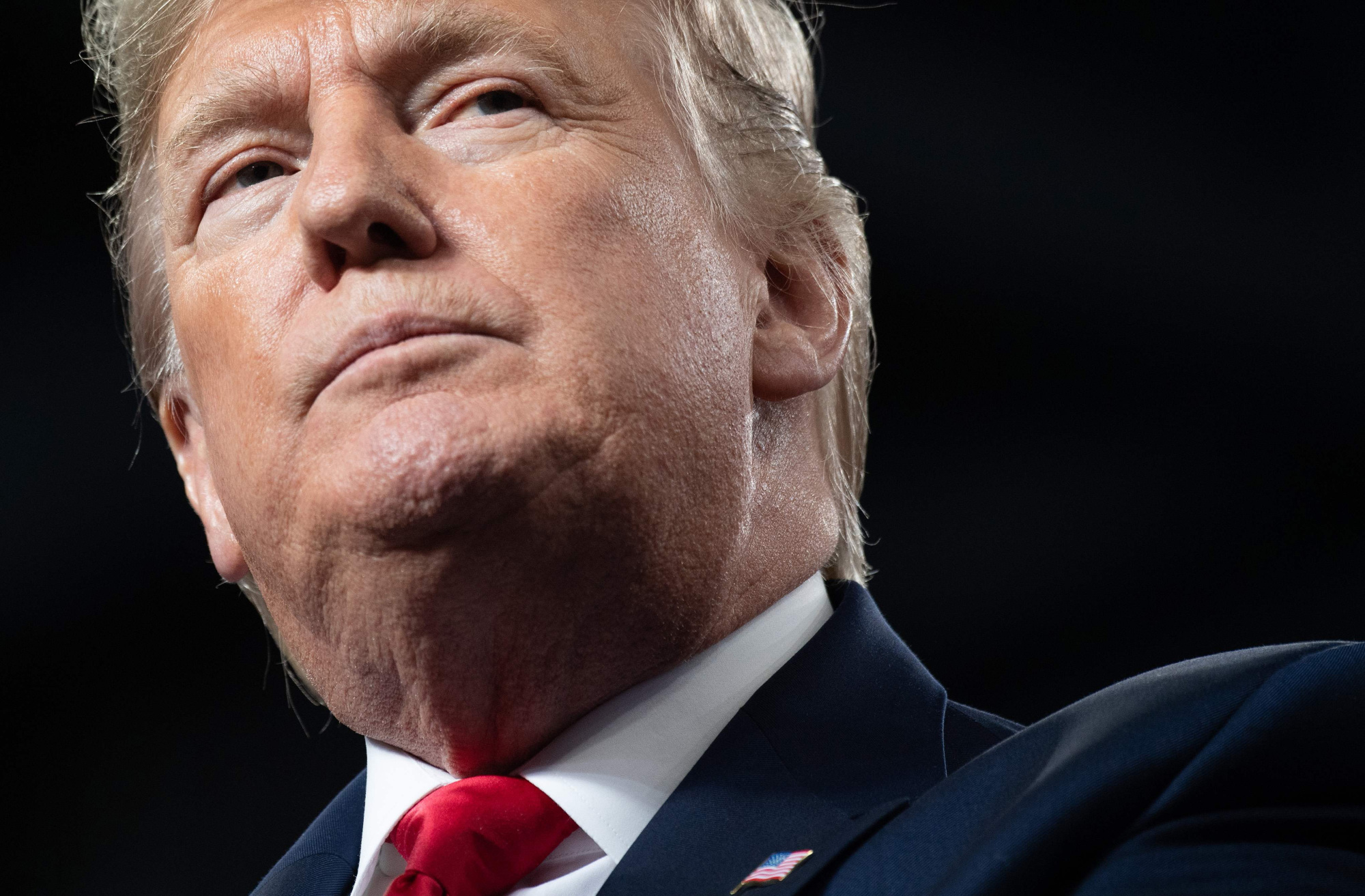The latest U.S.-Iran crisis has brought a hoary issue back to the center of the foreign policy debate: the question of credibility. Pundits have argued about whether the killing of Iran's savviest military commander, Qassem Soleimani, will strengthen America's reputation for forcefully defending its interests, and whether U.S. President Donald Trump's prior restraint in the face of military provocations had invited Iran to act more boldly.
If the arguments seem familiar, that's because similar debates erupted during the Syria "red line" incident of 2013, when U.S. President Barack Obama retreated from his threat to strike Syrian President Bashar Assad's forces if they used chemical weapons against civilians. In fact, concerns about credibility go back to the beginning of America's career as a superpower. And while the credibility debate has often pitted policymakers against academics, recent scholarship has helped bridge that divide by clarifying when and how credibility really matters.
The foreign policy community has long been obsessed with credibility, for good reason. Credibility — the perception that a country will defend its interests and uphold its commitments when challenged — is the coin of the realm for a global superpower. If U.S. credibility is strong, then it will not have to use force often, because other countries will recognize that attacking its interests and its global network of allies will invite sharp retaliation. A credible superpower has little trouble attracting and retaining allies. Yet if America's credibility is weak, aggressors will be more likely to test U.S. power, and allies will be unnerved.



